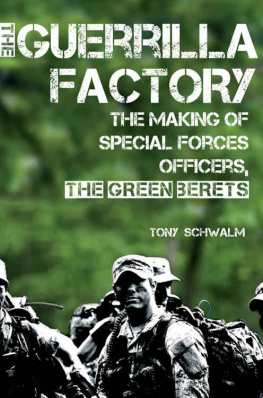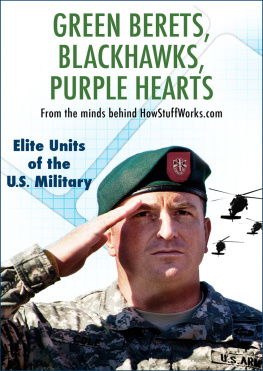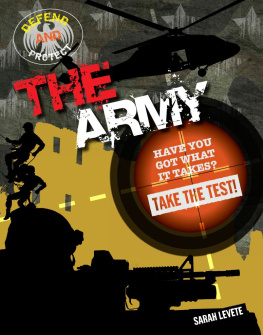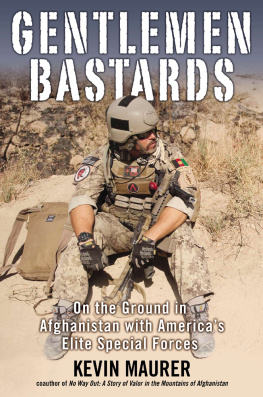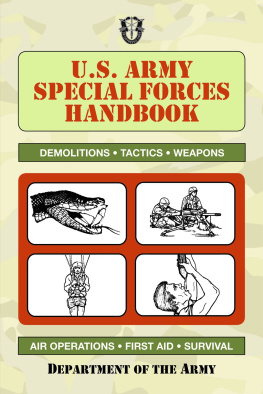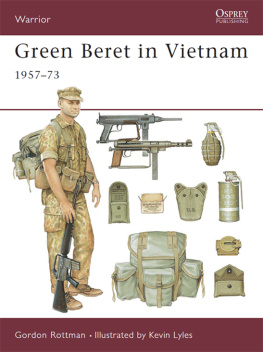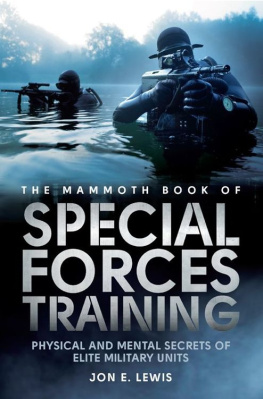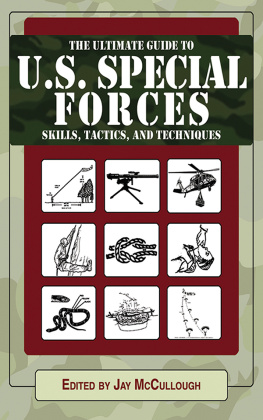
Thank you for purchasing this Free Press eBook.
Join our mailing list and get updates on new releases, deals, bonus content and other great books from Free Press and Simon & Schuster.
C LICK H ERE T O S IGN U P
or visit us online to sign up at
eBookNews.SimonandSchuster.com

Contents
In memory of my son, Philip McKinley Schwalm.
Heres what you never got to see.
ONE
THE WORLD TRADE CENTER was smoldering, and the nation had joined together in one voice demanding retribution. Find who did this. Make them pay. Gathered from Special Operations Forces across the Department of Defense, we sat in a windowless room at U.S. Special Operations Command in Tampa, Florida, discussing what our brothers would need to satisfy that demand. The Navy SEALs and Army Special Forces officers gathered with me that day would be sitting out the first phases of Operation Enduring Freedom. We were going to miss the big dance in Afghanistan scheduled for the fall of 2001.
For most of us, our war-fighting days were behind us. We no longer endured the wet and cold until our jaws and abdomens ached, or the crunching of bones after parachuting out of a night sky. The days of chasing black rubber boats on a dark sea and letting our kids grow up without us were gone.
Now we would suffer a different feeling of absence: watching through a telescope from Tampa, focused on Afghanistan ten thousand miles away, as our brothers in the teams we had left fought the war we had all trained to fight, in the land that was home to Al Qaeda. Our job as staff officers was to man the mother ship and make sure they didnt lose.
In early October 2001, Dov Zakheim, the comptroller for the Department of Defense at the time, gave U.S. Special Operations Command (or SOCOM) around $1.8 billion to fund the fight in Afghanistan. My groups mission was to prioritize the spending of that money. All of SOCOMs elite units, from Fort Bragg, North Carolina, to Coronado, California, had put in their requests. Their wish lists included everything they might need to infiltrate Afghanistan and destroy the Taliban government that had facilitated the terrorist strikes of September 11, 2001. No request would be denied; nothing was too expensive. Our only limiting factor was time: We couldnt buy everything fast enough. The units had what they really needed: a big chunk of ground, a mission that allowed for the maximum latitude of action at the lowest level, and a mouth-watering number of targets. I was one of the Army Special Forces officers at the table and, ostensibly, the leader of the group, though I often felt like a hood ornament on a race car.
My fellow Green Berets would join up with friendly Afghan warlords and call in air strikes that would hopefully pulverize Taliban strongholds. Other Special Operations units would sniff the air for signals betraying the location of influential Taliban or Al Qaeda members. Then our specially trained and exquisitely armed athletes would pile into black helicopters and disappear into the night to hunt these men down.
Our job was to make one master list from all the wish lists sent by the components. The men who would be working on the ground in Afghanistan took top priority. As we went through the possible outcomes of the situation, our list evolved. But in the rush to deliver justice in a remote part of the world and make life difficult for those who parked airplanes in office towers, one thing was easily overlooked: the need to preserve the legitimacy of our mission.
How would the world judge our actions? Right then, none of us cared. We were heady with the sense that we had absolute license to do anything we wanted to in order to kill whoever had destroyed so many lives in a single horrific day.
The world was watching, and most of its nations were cheering the United States on, memorializing those lost by lighting candles and laying flowers at our embassies. But how long would that attitude endure? I would hazard that no one anywhere in the Department of Defense, probably in the entire U.S. government, was worried about a potential loss of rapport with the world. The United States had been cut and wounded, humiliated. The global community rallied behind us, and the mandate from the American people to her war machine was simple: Go get them. Get them all. Make them pay. No one in the Department of Defense needed any prodding, and such enthusiasm was particularly intense among the Special Operations Forces, or SOF, the elite units funded by SOCOM.
For the sake of clarity, Special Forces (like the word paraphernalia, never written in the singular) are only those soldiers who have successfully completed the Special Forces qualification course and have a very specific purpose in life: unconventional warfare. The broad banner term, Special Operations Forces, or SOF, encompasses the Navy SEALs, select Marines, Army Rangers, Air Force pararescue (or PJs, as they are known), select Army Psychological Operation and Civil Affairs personnel, and a cadre of highly trained pilots with an exquisitely equipped fleet of airplanes and helicopters. I will focus on the SOF that operate on the ground, and of that set, the ones who famously wear green berets. That said, the uninitiatedwhich is everyone outside of the SOF communityrequire some background.
Broadly speaking, there are two types of SOF: Daniel Boone and Superman.
Superman is what most Americans believe the SOF soldier to be: a barrel-chested freedom fighter capable of bench-pressing twice his body weight and wielding lethal gadgets with an easy expertise. He practices martial arts to the point of being lethal in a fistfight. Those guys exist, and they have my unfailing respect. But of the fifty thousand people who fall within the purview of Special Operations Command in Tampa, Floridathe mother ship, if you willfewer than five thousand meet that description.
The Superman of SOF is without equal in the world, probably in history. Collectively, these men, with their training and equipment, are a killing machine sine pari . To illustrate, when Superman arrives, he usually says, Im here to kill somebody. Where is he? If you are that carbon-based life form and identifiable to Superman, you are probably going to die at his hands. People standing near you at the time of the hit are not going to fare well either.
I have heard it said, and seen it borne out in the real world, that efficiency is the enemy of effectiveness. In other words, if you have to ask how much Superman costs, you dont understand the nature of what he does. Superman performs and consumes like a Ferrari race car. If youre driving a Ferrari, you probably dont care about the cost of gas or the impact of your exhaust on the planet. Its a Ferrari. It doesnt just go fast. It goes fast well. Likewise, Superman doesnt just kill the enemy. Superman kills the enemy well with an alacrity and precision bordering on the preternatural.
Most Army Special Forces soldiers, on the other hand, are more like Daniel Boone and they move very differently. Were a group numbering around sixty-five hundred, and our primary mission is entirely different. That mission is unconventional warfare, or UW. Unlike Superman, when we show up we might say, Hello, and how is everyone today? Good. So, were here to train you to use your stuff more effectively and maybe bring in some American air power if we need it. But hey, while were waiting, hows everybody feeling? Huh? Anybody sick or wounded? Got a pregnant wife? Girlfriend? Both? No problem. Were here to help. And so we begin our encounters with questions focused not on the enemy but, rather, on those we are sent to train. We are sent to train and fight alongside what we affectionately refer to as the indig (short for indigenous forces). The idea behind SF is that other countries should fight their own wars unless U.S. national interests are directly at risk, in which case we need to send Superman and maybe a cast of thousands for a conventional ground fight.
Next page
